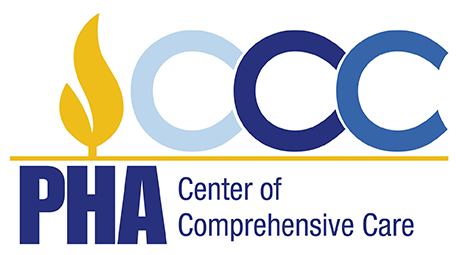Pulmonary hypertension (PH) is a condition where the blood pressure inside the arteries of the lungs is too high. This high blood pressure makes it harder for the heart to pump blood into the lungs.
Pulmonary hypertension can happen to children at any age. Sometimes the causes of pulmonary hypertension aren't always clear. Certain conditions can make a child more likely to develop pulmonary hypertension, including:
- Lung disease of prematurity (bronchopulmonary dysplasia)
- Diaphragmatic hernia
- Chronic lung disease
- Some unrepaired congenital heart disease and heart failure
Pulmonary hypertension can also not be related to any other disease. This is known as "idiopathic pulmonary hypertension."




